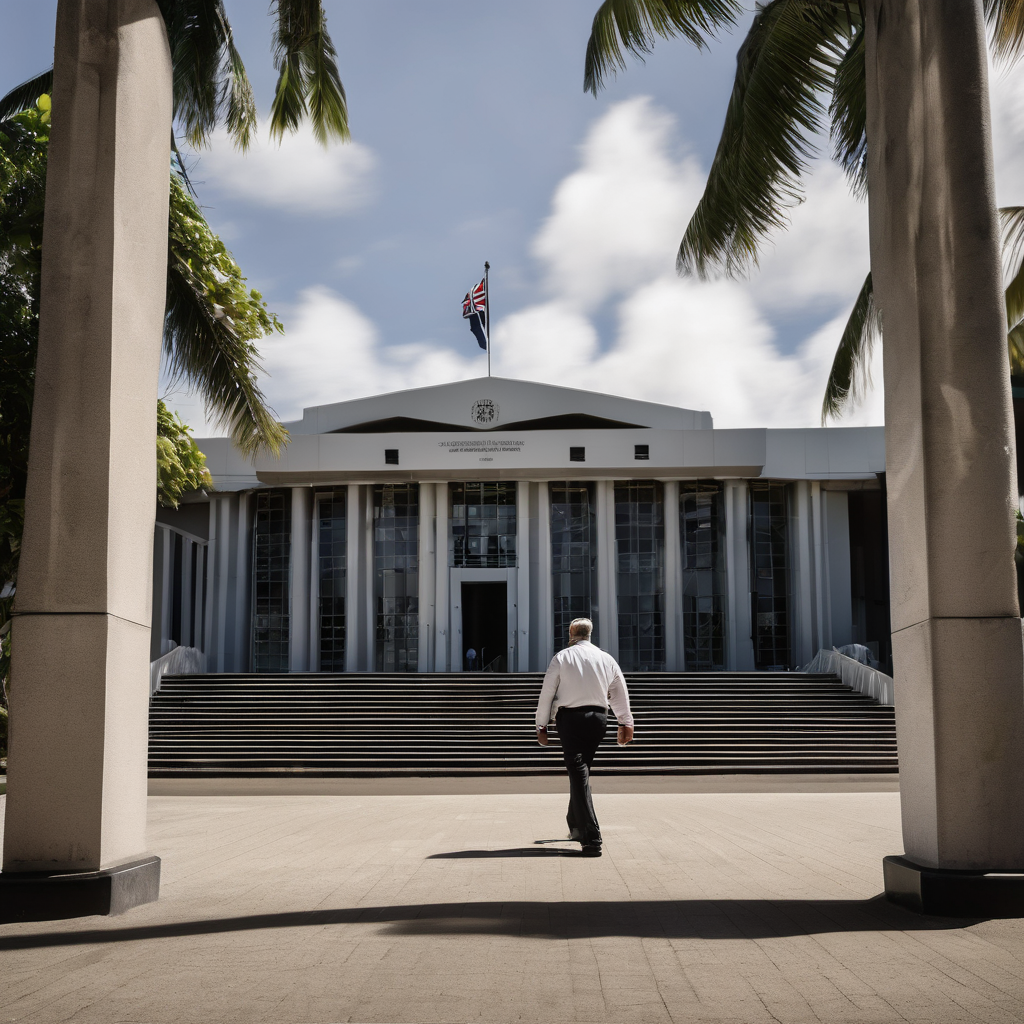A 54-year-old man from Tailevu has been sentenced to four concurrent life terms in prison for the rape and impregnation of his 15-year-old special needs step-granddaughter. The High Court in Suva handed down the sentence following the man’s guilty plea to four counts of rape and two counts of sexual assault. Each count of rape carried a life sentence, while the sexual assault charges added 10 years each.
The court was informed of the victim’s suffering, including physical violence such as punching and beatings, as the perpetrator intimidated her into silence with threats of death. Justice Daniel Goundar highlighted the gravity of the offenses, pointing out that the man took advantage of the girl’s disabilities for his own satisfaction, ultimately depriving her of her childhood and well-being.
The minimum non-parole period is set at 18 years, contingent upon a decision by the President upon advice from the Mercy Commission. Justice Goundar stressed the importance of imposing maximum sentences to convey society’s strong disapproval of such acts and to discourage similar crimes in the future. He stated, “You preyed upon your granddaughter for your own sexual gratification, using violence and threats to enforce her silence, with consequences that are irrevocable.” This ruling underscores the judiciary’s firm position against sexual violence, particularly within family settings, and serves as a stark warning to potential offenders.
In a connected legal news, an attempt by former fisheries minister Kalaveti Ravu and the ministry’s northern regional manager, Tekata Toaisi, to halt a High Court order while appealing has been rejected. Justice Goundar indicated that the application fell outside his jurisdiction, and therefore, needed to be directed to the Appellate Court.
The case concerning the step-granddaughter illustrates the ongoing efforts within Fiji’s judicial system to address severe sexual crimes with stringent measures, thereby setting a definitive deterrence message. This verdict also acts as a reminder of the necessity for vigilance and the protection of vulnerable community members. It reinforces the judiciary’s dedication to delivering justice and ensuring public safety.
